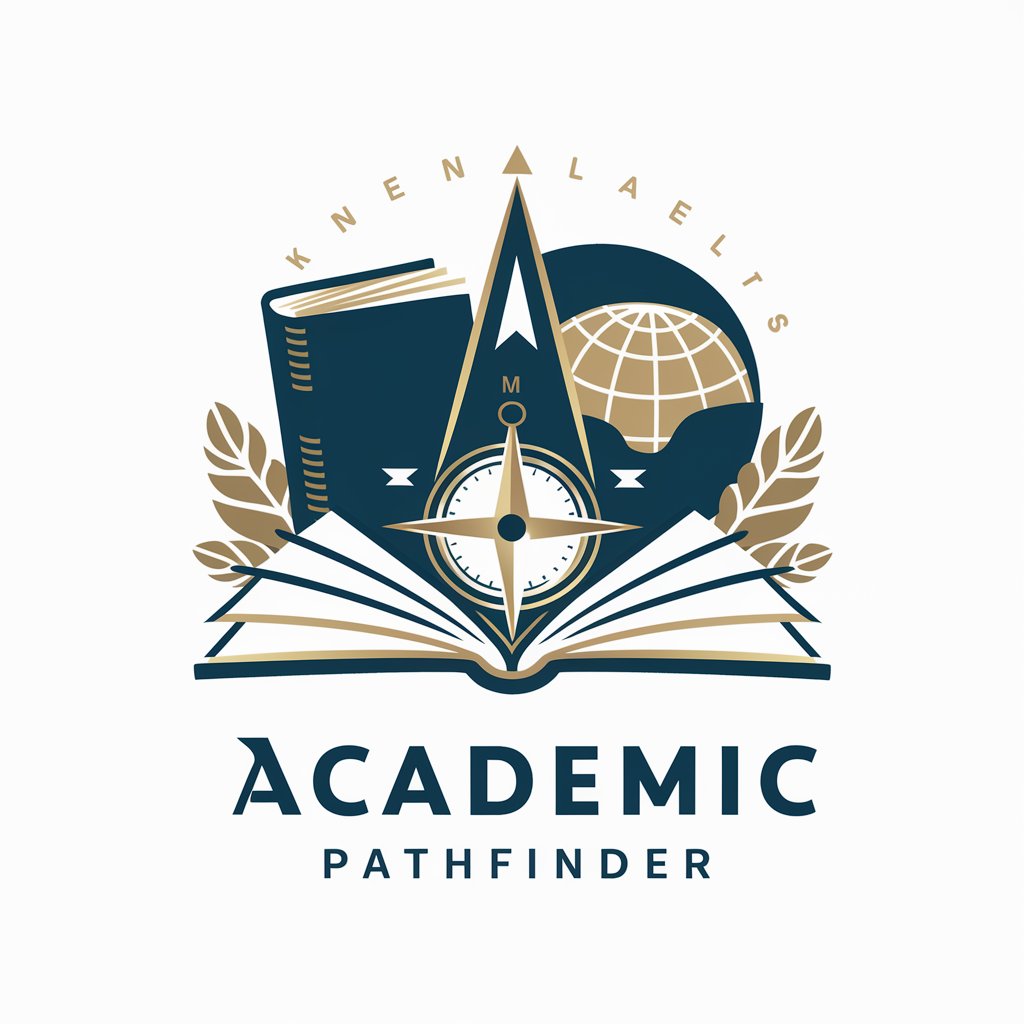6 GPTs for Scholarly Inquiry Powered by AI for Free of 2025
AI GPTs for Scholarly Inquiry refer to the application of Generative Pre-trained Transformers (GPTs) within the realm of academic and scholarly research. These tools are engineered or adapted to support tasks such as data analysis, literature review, hypothesis generation, and dissemination of findings. By leveraging the natural language processing and generation capabilities of GPTs, they offer tailored solutions that enhance research efficiency, accuracy, and innovation in scholarly work.
Top 6 GPTs for Scholarly Inquiry are: Genius,Academic Pathfinder,The Library of Alexandria,Stable Scholar,Cheikh Anta Diop's AI,Rhodesia Historian
Genius
Where Wit Meets Wisdom

Academic Pathfinder
Navigating Academic Complexity with AI

The Library of Alexandria
Rediscovering History with AI-Powered Scholarship

Stable Scholar
Empowering Your Academic Journey with AI

Cheikh Anta Diop's AI
Explore African Heritage with AI

Rhodesia Historian
Discover Rhodesia's Past with AI-Powered Insights

Essential Attributes of Scholarly Inquiry AI Tools
AI GPTs designed for Scholarly Inquiry boast a suite of unique features aimed at optimizing research processes. These include advanced language comprehension and generation, which facilitate the review of literature and drafting of research papers. Specialized functions such as data analysis, image creation, and technical support for complex queries enable comprehensive exploration of scholarly topics. Additionally, the adaptability of these tools allows for customization from basic literature searches to intricate data modeling, catering to a wide range of research needs.
Who Benefits from Scholarly Inquiry AI?
The primary users of AI GPTs for Scholarly Inquiry include students, researchers, and professionals across various academic disciplines. These tools are accessible to novices, offering intuitive interfaces and guidance for scholarly tasks, while also providing robust customization options for developers and seasoned researchers. This dual accessibility ensures that users at any skill level can leverage AI GPTs to enhance their research endeavors.
Try Our other AI GPTs tools for Free
Plot Feedback
Unlock the potential of your storytelling with AI GPTs for Plot Feedback. These advanced tools offer tailored narrative insights, helping writers refine their plots for greater impact and engagement.
Genre Learning
Discover how AI GPTs for Genre Learning revolutionize exploration and creativity in your favorite genres, offering tailored tools for language, content creation, and more.
Organizational Management
Discover how AI GPTs for Organizational Management can revolutionize your business processes, enhancing efficiency, decision-making, and productivity with cutting-edge technology.
Web Safety
Discover how AI GPTs enhance web safety with real-time threat detection, content moderation, and secure digital practices, making the internet a safer place for everyone.
Tone Preservation
Discover how AI GPTs for Tone Preservation maintain the original tone and style in content generation, offering versatile solutions for creators and professionals alike.
Quest Exploration
Discover AI-powered GPT tools for Quest Exploration, designed to enhance your journey through quests with tailored advice, dynamic solutions, and creative insights. Ideal for gamers, educators, and storytellers.
Expanding Horizons with AI in Research
AI GPTs as customized solutions significantly enhance the research landscape, offering tools that streamline scholarly work across disciplines. Their user-friendly interfaces and integration capabilities make them an invaluable asset in modern research methodologies, facilitating a seamless blend of AI technology with traditional research practices.
Frequently Asked Questions
What exactly are AI GPTs for Scholarly Inquiry?
AI GPTs for Scholarly Inquiry are advanced AI tools designed to assist with academic research tasks, leveraging the capabilities of Generative Pre-trained Transformers to process and generate language-based data.
Who can use these AI GPTs tools?
Students, researchers, and professionals across a variety of academic fields can use these tools, regardless of their programming skills.
How do these tools enhance scholarly research?
They streamline the research process by automating literature reviews, data analysis, and the generation of research content, thus saving time and improving accuracy.
Can non-programmers easily use these tools?
Yes, these tools are designed with user-friendly interfaces that require no programming knowledge, making them accessible to a broad audience.
What customization options are available for advanced users?
Advanced users can customize these tools for specific research needs through programming interfaces, enabling more sophisticated analysis and data handling capabilities.
Can AI GPTs generate research papers?
Yes, these tools can assist in drafting research papers by generating coherent text based on input data and research findings.
How do these tools handle data analysis?
AI GPTs for Scholarly Inquiry can process complex datasets, perform statistical analyses, and interpret results, supporting researchers in data-driven decision-making.
Are there any limitations to using AI GPTs for research?
While highly versatile, these tools may require oversight for accuracy in data interpretation and are dependent on the quality of input data for optimal outcomes.